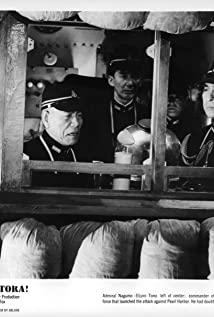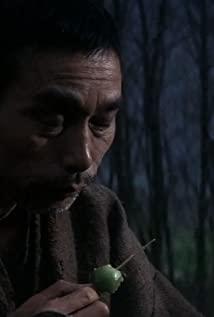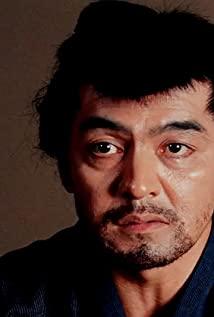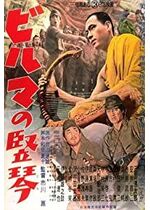-
Ettie 2022-01-20 08:03:36
Sometimes I feel that Japanese devils are really stupid, but at the same time I have to lament that there are many master directors in Japan,...
-
Elissa 2022-01-20 08:03:36
Ichichuankun’s famous anti-war film is full of compassion. It not only looks at the pain and trauma of war from an individual perspective, but also rises to the sight of Buddhism, highlighting the emptiness and absurdity of war. The protagonist Mizushima has experienced a reborn growth, from an ignorant soldier to a Burmese and a monk voluntarily. However, his love for his comrades and his homeland is still repeatedly inspired by gentle and moving music, although there are entangled...
-
Bernadette 2022-01-20 08:03:36
In Mizushima's heart, even if he died, he must die meaningfully. But what is the point? This was the problem he couldn't answer the group of "samurais", and it was also the core of his perplexity and confusion. -Mission is not something that others forcibly impose on you, but the instinct of a person who truly understands the connotation of the...
The Burmese Harp Comments
-
Kyra 2022-01-20 08:03:36
Limited reflection and unlimited humanity
This is a movie about the establishment of faith. Although in the end the soldier Mizushima practiced his beliefs by staying in Myanmar, his letter still expressed more nationality than universal humanity. The scenes in the film are also dictated by the fact that almost all the casualties are...
-
Lorna 2022-01-20 08:03:36
[Superior front seat] Japanese soldiers staying in Southeast Asia
"The Burmese Harp" (ビルマの風琴/The Burmese Harp) is one of Ichikawa Kun’s most famous works. It talks about a group of Japanese soldiers who were in Myanmar before the defeat and surrender. The captain played by Rentaro of the Three Kingdoms was a music teacher before joining the army. Mizushima has...
Top cast
-
British officer: We've done all we can. The troops that took Triangle Mountain have returned home. The Japanese survivors are not in this town.
Captain Inouye: But that tune?
British officer: You hear a certain way of playing - a few notes floating by the breeze, and it's enough to make you think a dead man is alive. You must be dreaming.
British officer: [to his adjutant] He must be dreaming!
-
Captain Inouye: The songs uplifted our spirits and sometimes our hearts.
Director: Kon Ichikawa
Language: Japanese,English,Burmese Release date: April 28, 1967








